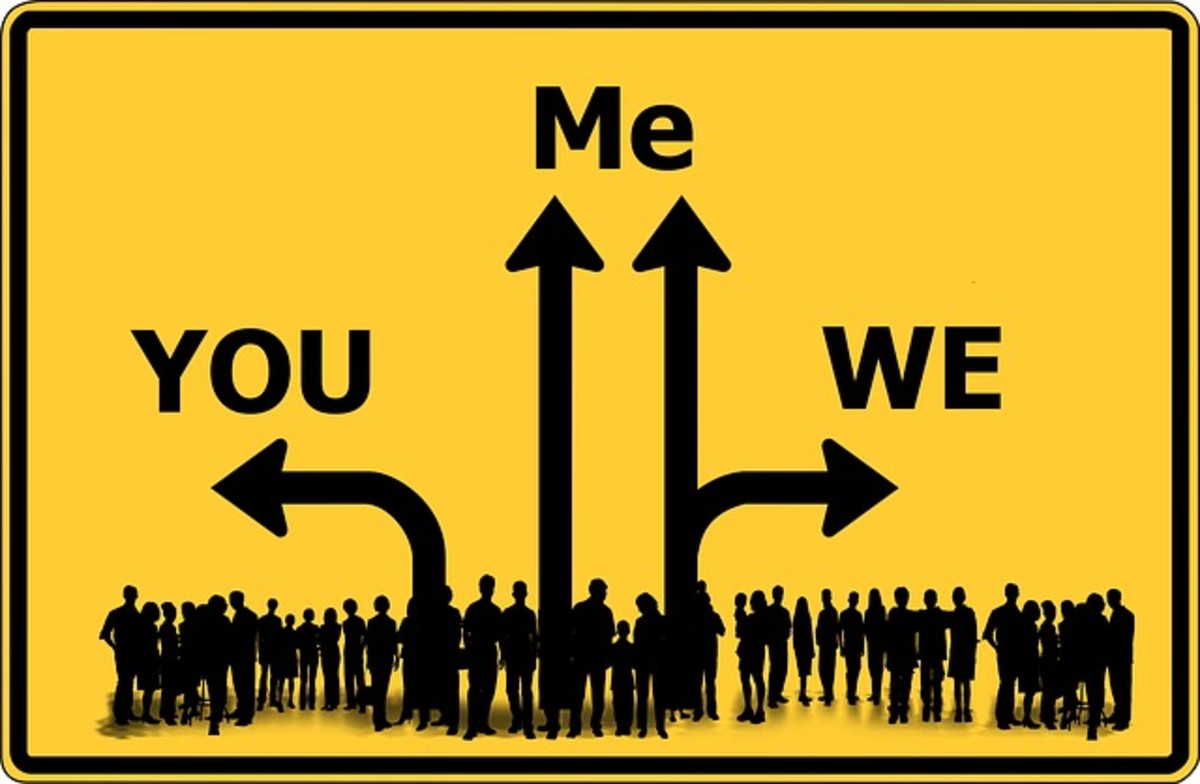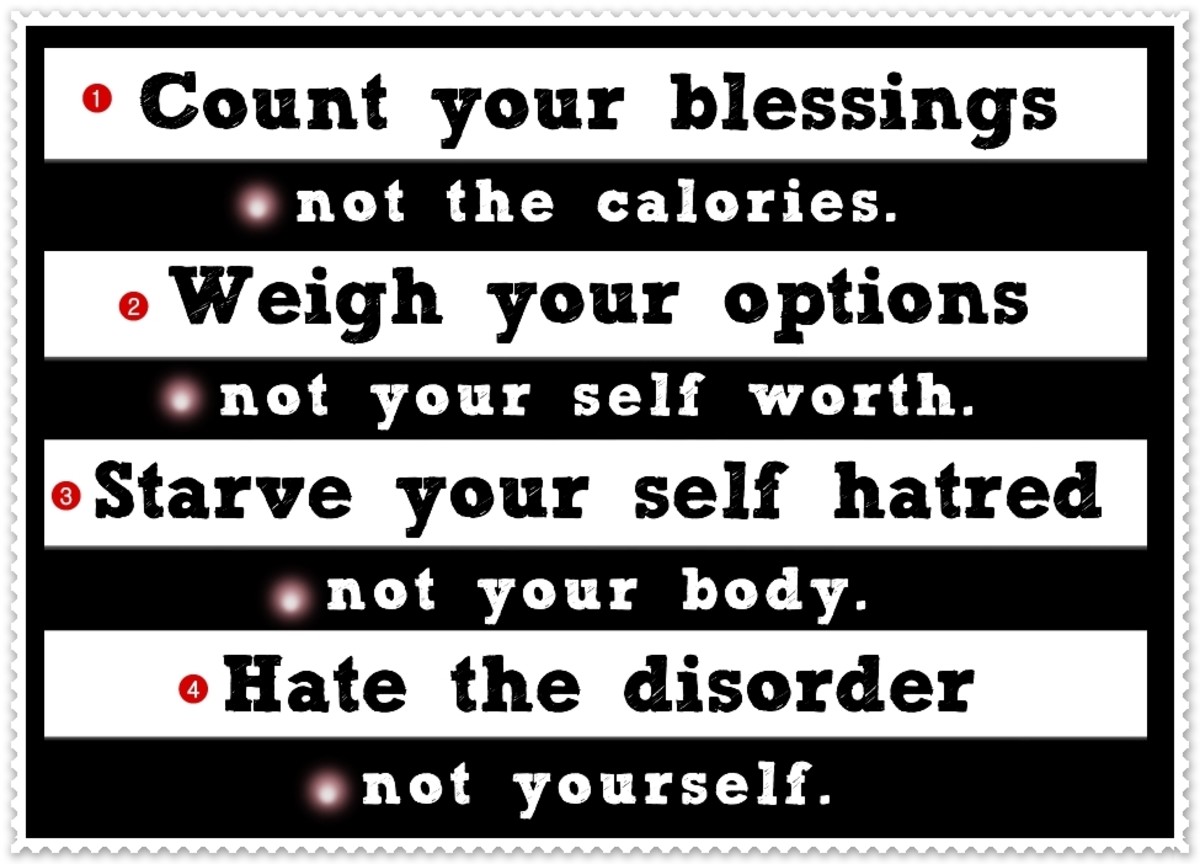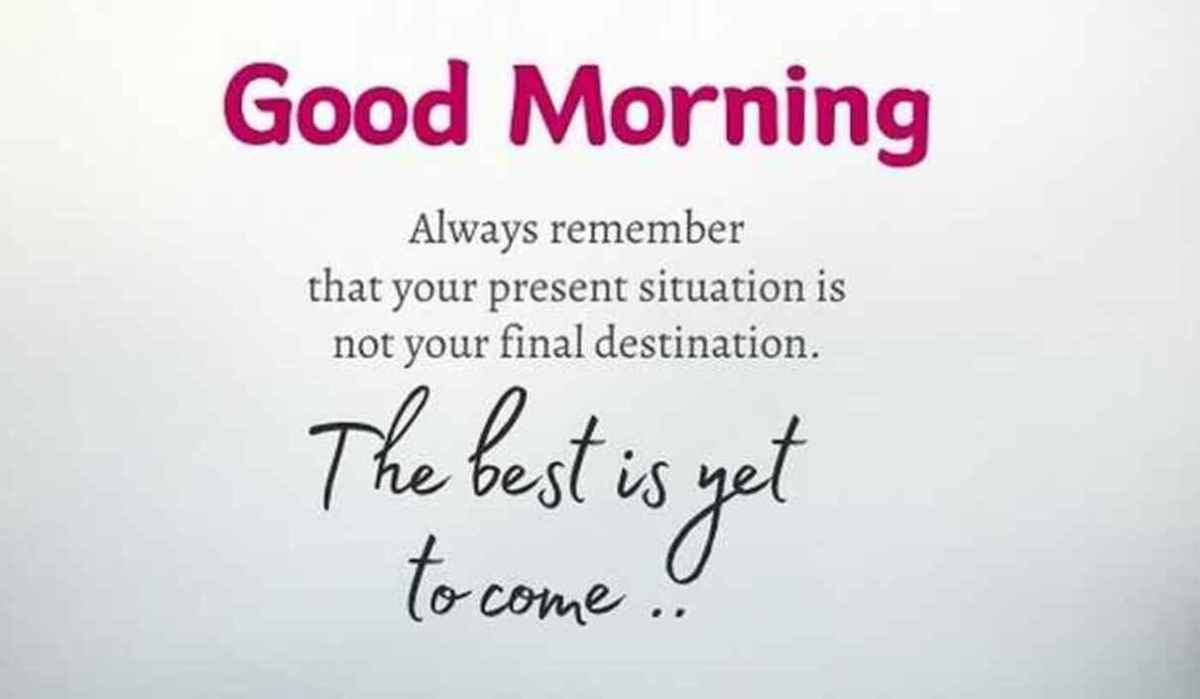Embracing Change and Understanding Yourself
Change is OK

Fighting to maintain something destined to change is exhausting and generally fruitless. When change knocks on your door or pushes against your walls, you must address it. Figure out its purpose, figure out its origins, then find your place within it. Change, by definition, is not bad, it is new, and new is not bad. To change yourself, you must first understand yourself. This is me speaking now, after having begun my journey towards "New Lani." I did not start here, and my journey is far from over. However, in hindsight, I have come to understand more about why our "human-ness" is the way it is. It is because of our inherent affinity for habit.
Creatures of emotional habit
As human beings, many of us recognize and accept we are creatures of habit, vessels of repetitive motion. What is less recognizable and less understood is—human beings are also creatures of emotional habit; vessels of repetitive E-motion; and just as we can train ourselves in muscle memory, we train ourselves in emotional memory as well. Emotions are consistent drivers of human behaviors. Every individual (at some level) is striving for constant emotional validation. If you are a person who deals with any other person (which is all of us), it is essential to understand this aspect of human nature. Emotional intelligence is the capacity to recognize, manage, and evaluate personal emotions as well as the emotions of others. Strong emotional intelligence is necessary for effective human-ness and is required if fostering meaningful relationships. Love and creativity grow when people feel safe and comfortable within their relationships. Safety and comfort evolve from trust, and functional emotional intelligence brews trust. Therefore, emotional intelligence is at the foundation of every successful human encounter.
First things first…ITS ALL ABOUT YOU!

Do not forget—IT IS ALL ABOUT YOU!.....and for every individual; it is all about them as well. To make everything about yourself is the default setting of every human being. Even when you think you are not making it about you…you are. Being able to understand and relate to others will not happen naturally until you appreciate the fact that people ONLY see the world through the narrow corridor of their own experiences. This is worth repeating: people ONLY see the entire world through the narrow corridor of their own experiences. Even when considering and relating to those we love and cherish the most, we are only seeing their happiness or pain as it relates to our own happiness or pain. Therefore, constantly striving to view ourselves truthfully and objectively is essential. When we lose objectivity and are unable to turn a clear mirror on ourselves, we lose reliable sensitivities and begin to drift further from reality. If you refuse to see your contribution to negative encounters with others then it is easy to place blame on the other person. Removing yourself from blame will inevitably lead to "the-whole-world-is-out-to-get-me" narrative when, in reality, most of the people you encounter are just trying to survive you so they can get back to themselves.
And….ACTION!: Emotional scripts

An emotional script is a predetermined emotional reaction to similar situations. For example, each time your aunt is interrupted by a child she disproportionately loses her mind. Adult-child dynamics are a social norm in many cultures; however, losing composure as a response every instance of the insult is a bit suspicious. Most likely, your aunt is acting out an emotional script that she learned earlier in life. Perhaps an adult in her childhood went ballistic every time she interrupted and ingrained that response in her. Chances are your aunt has no idea she is acting out of the norm; to her, the exaggerated response is appropriate and valid. Remember, it is her world, and everyone else is simply visiting. Other warning signs are those you may give the general tag, "hostile," "too nice," or "defensive." You are not actually describing the person; instead, you are describing their tendency to follow a script that is "hostile," "too nice," or "defensive." Being caught up in an emotional script that is reenacted repeatedly across the spectrum of our lives is easy. Nevertheless, rest assured, there are activities and drills you can do to retrain and help you to recognize your emotional scripts and give you the opportunity to revise, rewrite or toss out any unhealthy scripts not elevating your life and your emotional intelligence.
Recognize your ego
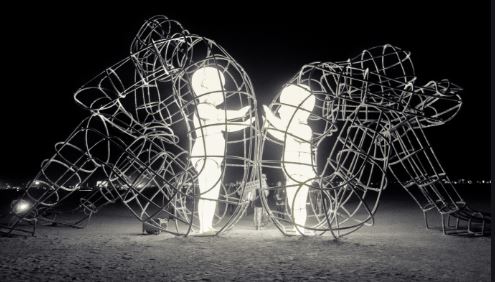
Prior experiences and unconscious bias contributes to your interpretation of another person's mood, behavior, or thinking (Bariso, 2018). Therefore, we must explore the presence and management of your ego. Once you learn your own ego, you can then relate, navigate and manage the egos of others. The ego is the manifestation of our own perception of how we believe the rest of the world sees us…or how we want the rest of the world to see us. An unchecked ego can distort our perspective and misalign our values. Everyone one earth has an ego. The ego is any emotional investment, a set of values or an image either negative or positive. The ego is a byproduct of emotions and experiences and the desire for future outcomes. A person's ego can be built on the perception that they are a nice person, so they do everything in their power to maintain that persona even if it is at a disadvantage to themselves. We all know of someone who cannot say no, because it's "mean," even if everyone knows they shouldn't. Some of us have had a boss that can't stand to be disliked or thought of as not being nice. This boss does not stick up for his/her employees or allows his/her department to take on responsibilities in excess of job discriptions. Conversely, an individual may build their ego on the image of fortune and importance and drain their savings and all available credit to maintain the image of power and wealth. Pros and cons are present in both examples, but if left unmanaged either of these types of egos will narrow the person's field of vision and corrupt their behavior (Hougaard & Carter, 2018).
Always a good choice

Poisoned from within: Emotional Toxicity
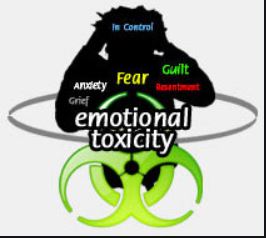
Emotional toxicity is the culprit of any relationship that does not work towards the mutual benefit of all who are involved. Individuals engaged in a relationship of anykind with another human being will have opportunities to build trust and gain "power" over the other person. The power to place another at an emotional disadvantage is unacceptable and is certainly not a right at anytime in any situation. Toxicity within a relationship, can prevent those involved from living a healthy and productive life (Brown, A.D. 2017). Toxic behaviors to survey within yourself include but are not limited to: manipulation, excessive judgement and criticism, lack of accountability in your own emotional state (your anger is someone else's fault…no it's not…it was your choice), and refuse/avoid apologizing. If you hate your job and dread the thought of remaining there for another year because of the people you work with, or the person you work for, you may be working in a toxic environment, the same is true in the home or amongst your friends.
Book Recommendation

More to come
Thank you for reading the first edition of this article. There is so much more to come, including book recommendations, professional contributions, and testimonials. I hope you have seen value in what you have read so far and look forward to what lies in store. I have big plans for this article and I hope it speaks to all of you on how important it is to remain honest with ourselves and see past the first layer of what is presented to you.
This content is accurate and true to the best of the author’s knowledge and is not meant to substitute for formal and individualized advice from a qualified professional.
© 2019 Lani Morris


